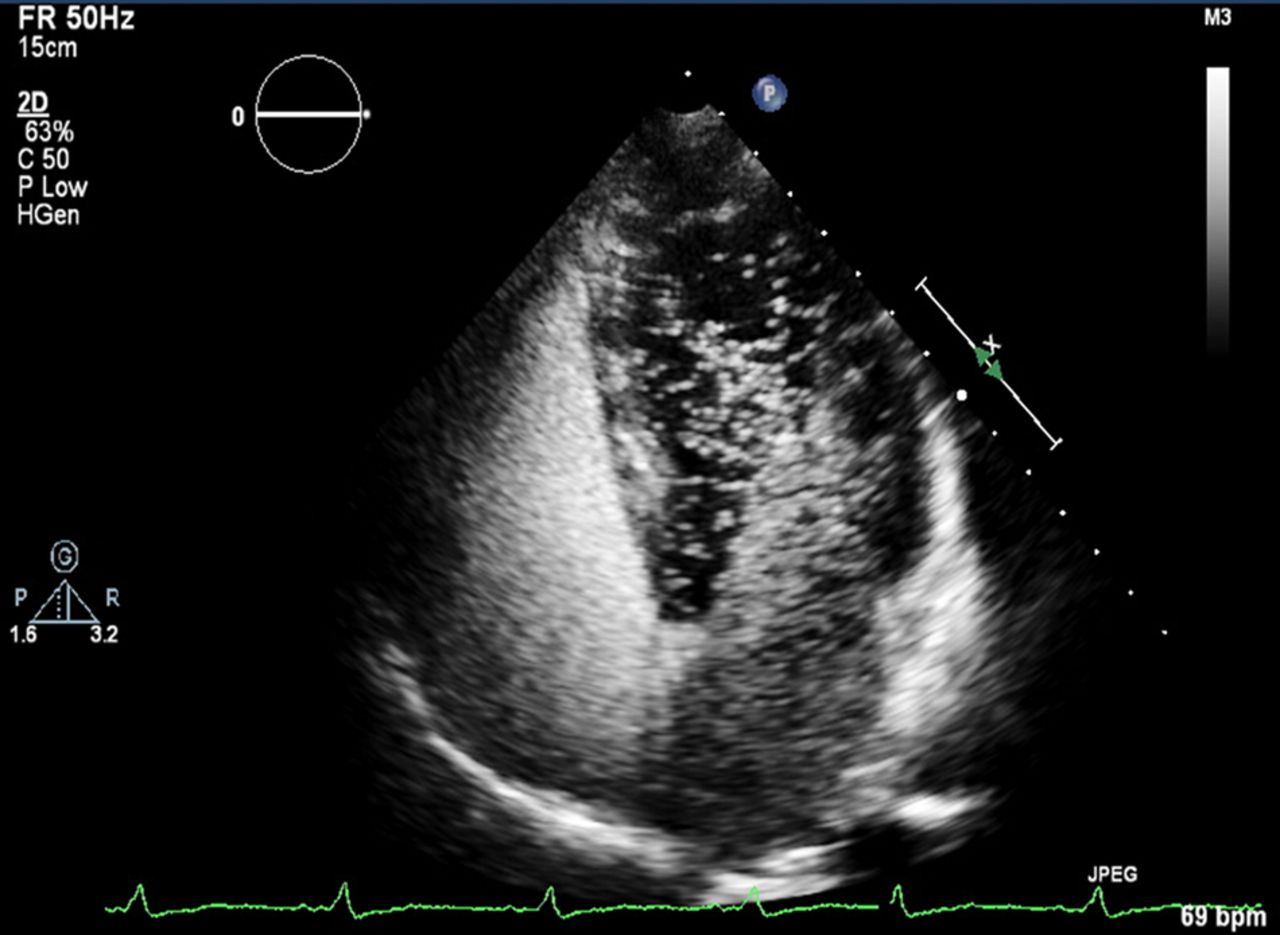
Our cardiovascular and pulmonary systems work hand-in-hand to keep us alive and thriving. The heart pumps oxygen-rich blood to tissues, while the lungs ensure a steady supply of oxygen and remove carbon dioxide.
However, many people face significant risks to these vital systems due to lifestyle factors, medical conditions, or environmental exposures. Understanding these risks is essential for prevention, early detection, and effective management.
The Importance of Cardiovascular and Pulmonary Health
The cardiovascular system consists of the heart and blood vessels, responsible for transporting blood throughout the body. Pulmonary health refers to the health of your lungs and respiratory system. Together, these systems maintain oxygenation and remove waste products, supporting every organ in the body. When one system falters, it can strain the other, leading to a cascade of health issues.
Who is at risk?
Some individuals face heightened risks of complications affecting their heart and lung health. These people include:
- Elderly Individuals: Aging naturally reduces the efficiency of the heart and lungs, making older adults more prone to complications.
- People with Chronic Illnesses: Conditions such as hypertension, coronary artery disease, COPD, and asthma increase vulnerability.
- Weakened Immune System: Those undergoing treatments like chemotherapy or living with autoimmune diseases are less capable of fighting infections that may worsen heart or lung issues.
- Smoking and Exposure to Pollutants: Long-term exposure damages lung tissue and increases strain on the cardiovascular system.
Preventive care, regular monitoring, and lifestyle changes are critical for these groups to mitigate risks.
Key Symptoms to Watch For
Early recognition of warning signs can be life-saving. Monitor for these symptoms and consult a healthcare provider if they occur:
- Shortness of breath, especially during minimal activity or at rest.
- Chest pain or tightness, a potential sign of a heart attack or severe pulmonary issue.
- Persistent fatigue could indicate reduced oxygen delivery or heart inefficiency.
- Swelling in the legs, feet, or abdomen may signal heart failure or fluid buildup.
- Chronic cough or wheezing, often linked to respiratory conditions like COPD or infections.
Keeping a symptom diary and seeking prompt medical advice can prevent minor issues from escalating to emergencies.
Prevention Tips for Heart and Lung Health
Taking proactive measures can strengthen your defences and reduce complications:
Medical and Preventive Steps
- Get Vaccinated: Protect against illnesses like flu and pneumonia that can worsen cardiovascular and pulmonary health.
- Practise Good Hygiene: Wash hands frequently, avoid crowded spaces during outbreaks, and wear masks if needed.
- Follow Medical Advice: Take prescribed medications consistently and attend regular check-ups.
Lifestyle Adjustments
- Maintain a Balanced Diet: Include heart-healthy foods such as fruits, vegetables, whole grains, and omega-3 fatty acids.
- Exercise Regularly: Engage in activities like walking, swimming, or yoga, as recommended by your doctor.
- Avoid Smoking and Second-Hand Smoke: Both significantly damage the lungs and strain the heart.
- Stay Hydrated: Proper hydration aids in circulation and overall bodily functions.
- Limit Alcohol Consumption: Excessive drinking can weaken heart muscles over time.
How Diagnostic Tests Can Help
Early detection plays a vital role in managing and preventing complications. Diagnostic tests provide critical insights into cardiovascular and pulmonary health, enabling timely interventions. At SmartCare Diagnostics, advanced services such as echocardiograms assess heart structure and function, while lung function tests evaluate respiratory efficiency and detect conditions like asthma or COPD. Additional diagnostic tools, including blood tests and imaging, help identify inflammation markers, cholesterol levels, and potential blockages. These tests empower patients and their healthcare providers to develop personalised prevention and treatment strategies.
Protecting cardiovascular and pulmonary health is essential, particularly for high-risk individuals. Staying informed, recognising symptoms early, and adopting preventive habits can significantly reduce risks and enhance overall well-being. SmartCare Diagnostics is committed to supporting your health with comprehensive diagnostic tools and expert care. Take charge of your well-being today by scheduling a consultation or diagnostic screening to ensure your heart and lung health are in excellent hands.
Why wait or pay too much for diagnostic tests?